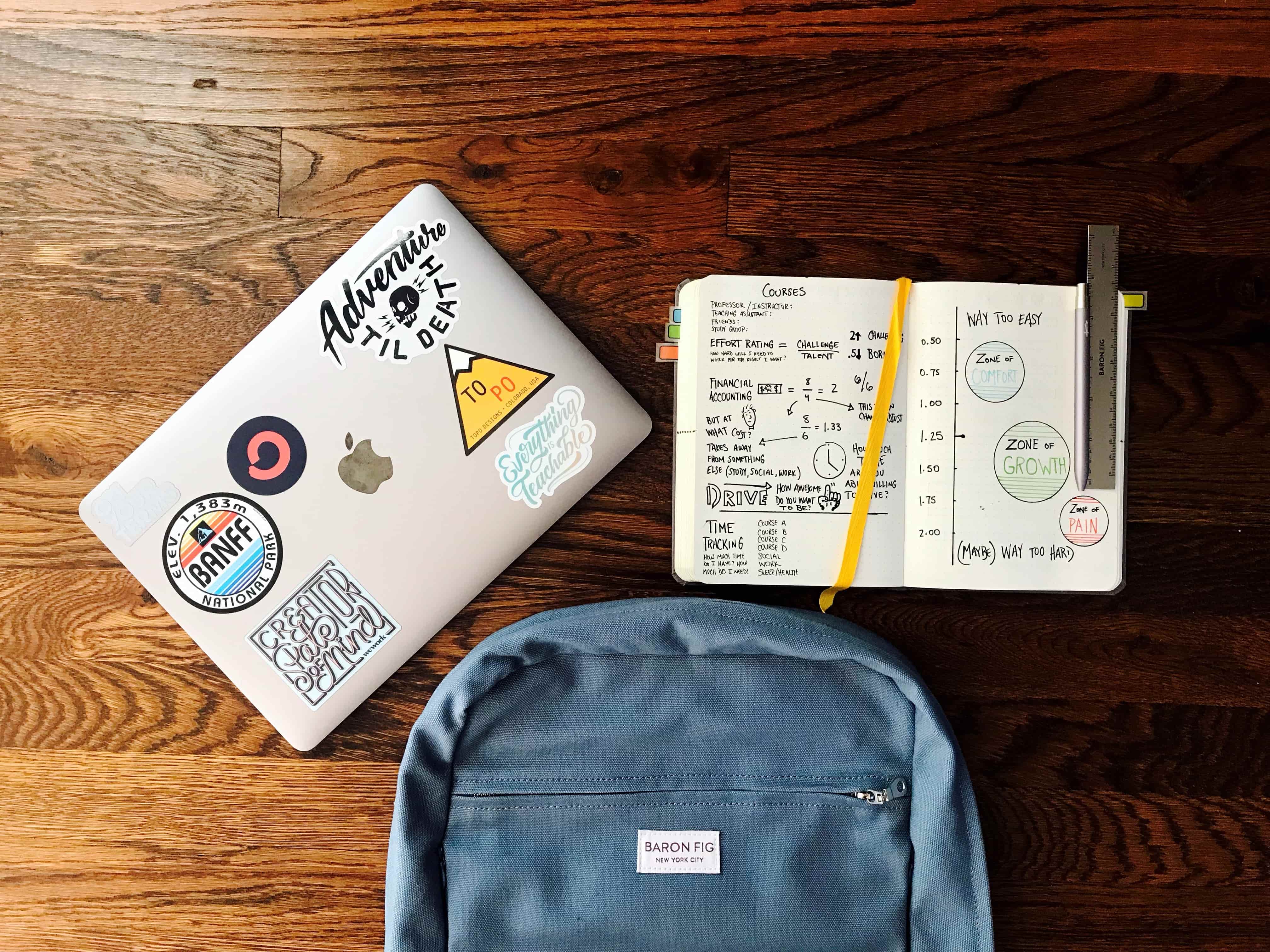Tips for Maintaining Eating Disorder Recovery When Going Back to School

Trying to maintain or continue to work on eating disorder recovery when going back to school is more difficult than it may seem! We often see students go back to school where it’s more difficult to eat regularly because lunch may be at 10am or they may not be allowed to eat during class and not enough time to eat in between classes. Sometimes a dietitian may help with problem solving in this area such as finding easy foods to eat quickly - string cheese is often an easier snack in this scenario than something like trail mix or yogurt.
There may also be a sense of sticking out like a sore thumb if none of their friends are eating at that time. After school activities, studying, etc can often take the place of treatment appointments, but even if the client is doing well, still attending treatment appointments is helpful to maintain recovery and avoid relapse.
We find students are a lot more successful with recovery if they can begin to tap into the flexibility to join friends for a spontaneous after school snack like Starbucks, bubble tea or ice cream or go on study dates at a place like Panera and grab lunch or dinner together.
We’ve come up with our best tips for maintaining eating disorder recovery throughout the process of getting into the back to school routine that are categorized into behaviors, thoughts, emotions, relationships, and time management.
Behaviors: these are various types of behaviors one should try to engage in to maintain their recovery.
- Prioritize Meal Plan:
-Meal prep your week! Make a list of what you plan on eating each day in order to help obtain regular patterns of eating.
- Make Time for Snacks - Be Creative!
-Snacks can be as simple as a bag of nuts or even throw some apples and peanut butter together!
- Throw Away the Scale
- Be Spontaneous with Opportunities to Eat with Others - Don’t be hesitant to go out and enjoy a meal with others
-This can be as simple as a Starbucks study date to a quick dinner with others
Thoughts: How should you be thinking in order to maintain your recovery? Thoughts can get the best of you, don’t let them!
- Challenge All or Nothing Thinking
- Challenge Assumptions or Jumping To Conclusions
-Before you allow your mind to jump to a conclusion, think about it reasonably and try to pinpoint reasons for this conclusion and why it may be invalid.
- Focus on Recovery Oriented Thoughts That Instill Hope
Emotions: Acknowledge how you feel, it is okay to feel all sorts of things!
- Validate All Emotions Serve a Purpose
-No emotion emerges without a reason, emotions can teach you new things or just show you it is okay to feel that way
- Ask What is That Emotion Trying to Tell You
- Ask Self if There is an Unmet Need
Relationships: Maintaining and having a social life is crucial to keeping up your recovery!
- Try to Engage in at Least One Social Connection a Day - Simple as talking to someone!
- Ask For Help or Support
-Trust that asking for help or support is better than bottling it up and ignoring it or attempting to do it on your own.
- Practice Vulnerability With Trusted Friends/Family
-Trust that your friends/family are there to listen and offer help if needed
- Practice Openness and Flexibility With Others
-We are all busy, but there are ways to get creative in listening to others or adapting when the relationship is best served by that!
- Practice Healthy Boundaries and Assertiveness When Needed
Time Management: We all can get stressed when we don’t efficiently manage our time! Time management is one of the keys to lessen one’s stress which could hurt our recovery process.
- Get Permission in Advance to Have Snacks at School
- Look at Daily Schedule in Advance to See Possible Obstacles to Regular Eating Patterns and…
- Make a Plan for How You Will Overcome the Obstacle
- Plan Plan Plan your meals and snacks!
- Build Your Life Around Your Recovery, Not Your Recovery Around Your Life
- Prioritize Treatment Appointments
-We all become busy, but in order to maintain a steady recovery, don’t forget about treatment for what is on-going.
Check out our freebie handout on these tips here.
Another great resource with lots of helpful information on eating disorders is Mirror-Mirror!
If you feel like you want more guidance in this area, we have therapists who can help. Schedule a free 15 minute consult here.
